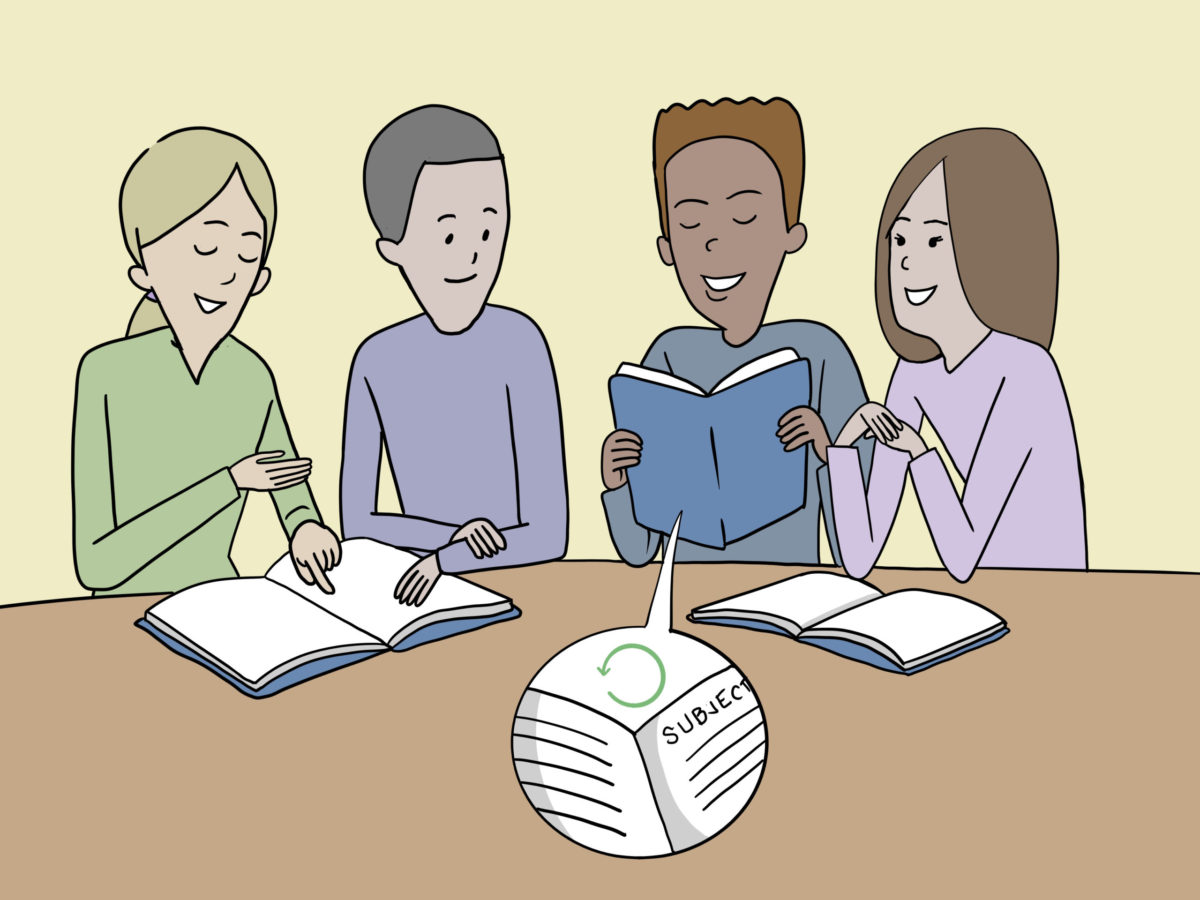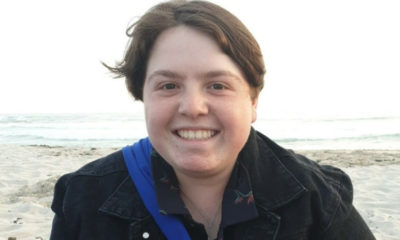
Featured Item

Group effort paid off
Matric may be demanding, but you don’t have to lock yourself away in solitude and struggle through the workload by yourself. By working with others, you might not only solve the equation over which you’ve agonised for hours, but could also find a willing ear for your panicked venting.
Such was the case for King David Linksfield students Leora Porter, Gavriel Burgin, Daniel Class, and Gabriel Hirschowitz. Rather than work exclusively alone, these four friends established a study network which resulted in them achieving an astounding 33 distinctions collectively.
“We didn’t have a weekly study session around a table or over Zoom,” says Class. “We developed a special group, coming closer as we went through high school.
“We created a space where we could speak if we weren’t sure of anything and could ask questions knowing that someone would be there to help. It was about communication and discussion.”
The four began working together in Grade 9, sharing knowledge and resources as they progressed through high school, while maintaining personal routines as well.
Says Porter, “We had independent ways of learning, different schedules, and some different subjects, but we shared a common goal of wanting to push ourselves to do the best we could. To have people who understand what your goals are and who want to help you achieve them is incredible.”
No matter the question or time of day, each member knew that they could depend on their teammates to help. This often extended beyond academics, says Hirschowitz.
“We could rely on each other emotionally, motivating each other to get through any issues as well as the work,” he says. “Everyone was there for me if I was struggling. They encouraged me, and I knew I could call any one of them. I had the reassurance that I wasn’t alone.”
Porter agreed. “Matric is a rough year as it is, and to know that we could message each other and speak about something not related to school was very important. It’s nice to know that there are people there for you.”
Although they didn’t all take the same subjects, the four collaborated on those they had in common, each contributing their strengths to the group.
Says Burgin, “We used each other’s resources. Lolo had poetry notes and Gavi had cheat sheets of hard maths questions that he’d picked up over the years. We could have two-hour calls talking about what could come up in a paper.”
“Often, people get caught up in the competitiveness of matric,” says Porter. “There’s really no reason to as we all have different goals. If you achieve your goal, it doesn’t mean someone else doesn’t. We were willing to share and play to our strengths.”
In spite of pooling resources, the friends made sure to push one another to work hard and succeed.
“I’m not one to just give an answer if asked a question about the work,” laughs Class. “I really like to understand in my own head a concept from the start, and that you don’t skip middle steps. When I explained, I learned, making it a form of concept-based revision for me.”
Following their success, the friends agree that their approach is definitely one other matrics should consider adopting.
“It gives you a network you can fall back on,” says Class. “You’re in matric with plenty of other people who are going through virtually the same experience. You need to understand that you can ask for help, and will find people to help you.”
The real key is to strike a balance, says Porter. “You can’t rely on others completely, you have to work yourself. Still, having a network of people who want you to do the best you can is very motivating.”
“Having someone there to speak to about anything, especially during COVID-19, was amazing,” says Hirschowitz. “I don’t like working in a group, but I worked with a group that helped me. None of us are so clever that we know it all. It helps to put heads together, and it shows you’re not alone. It makes the isolation less isolating.”










